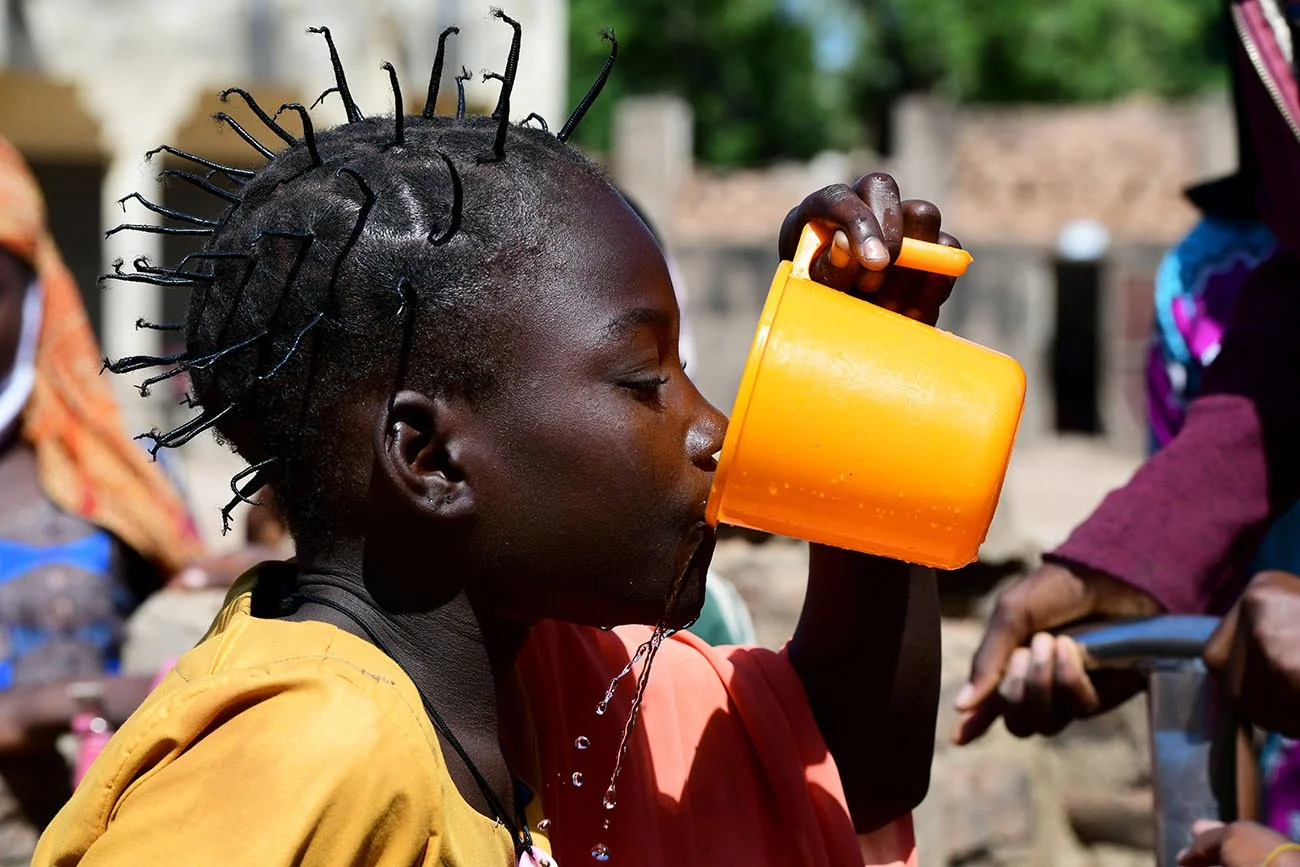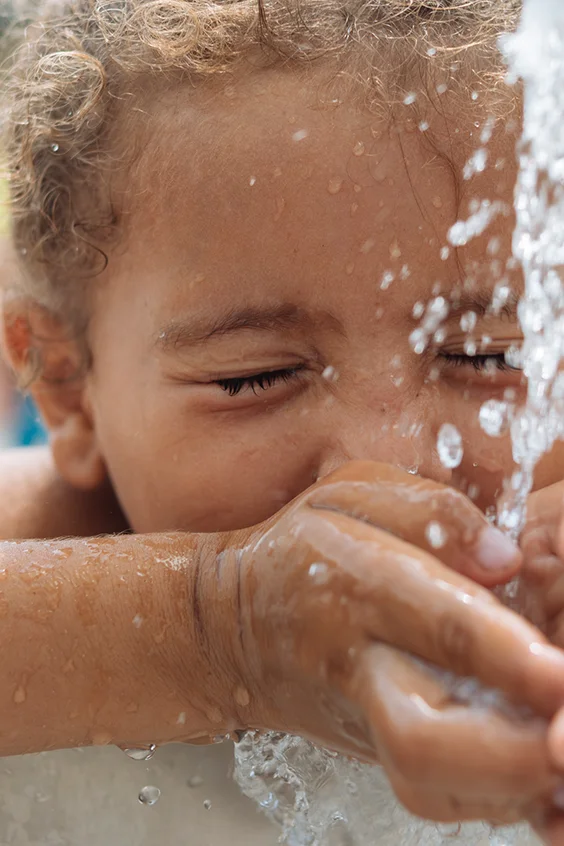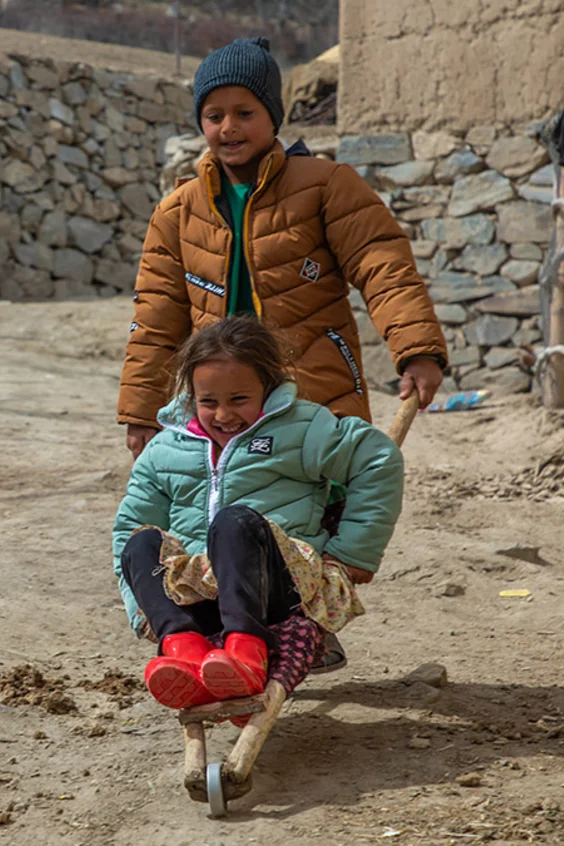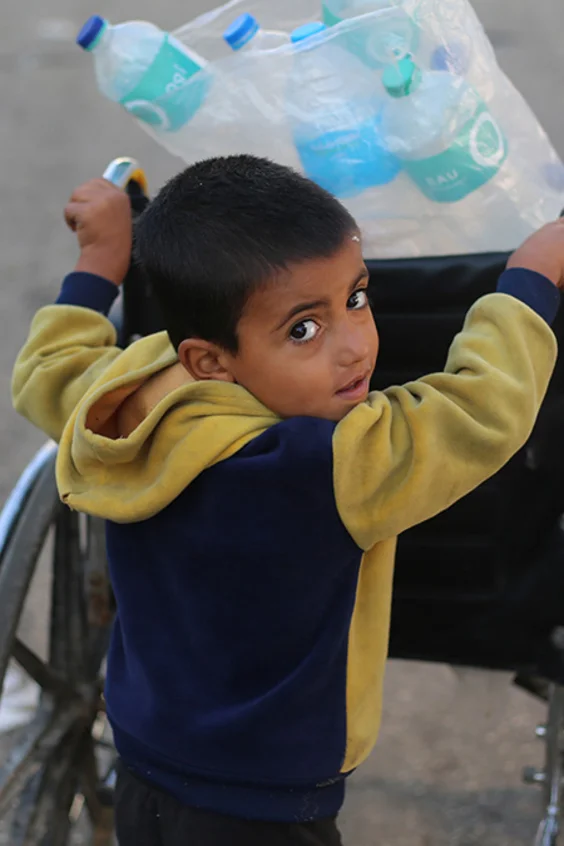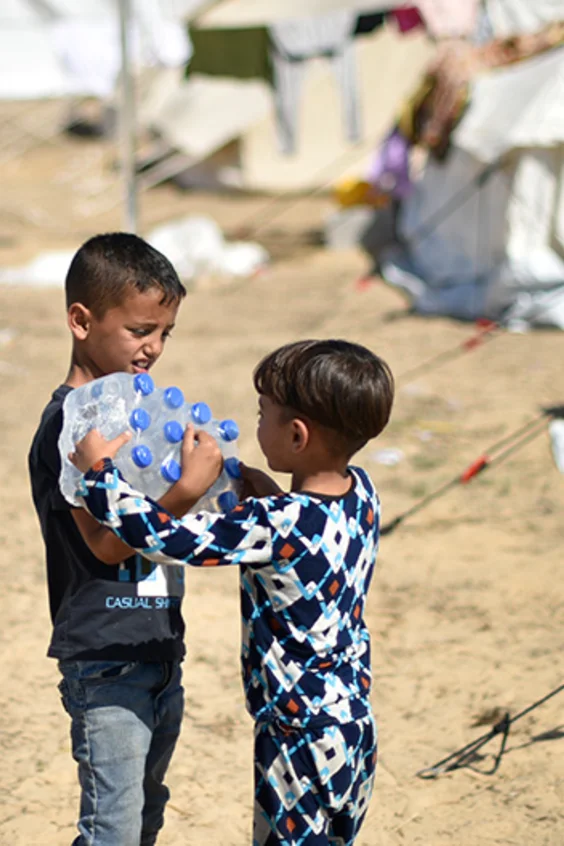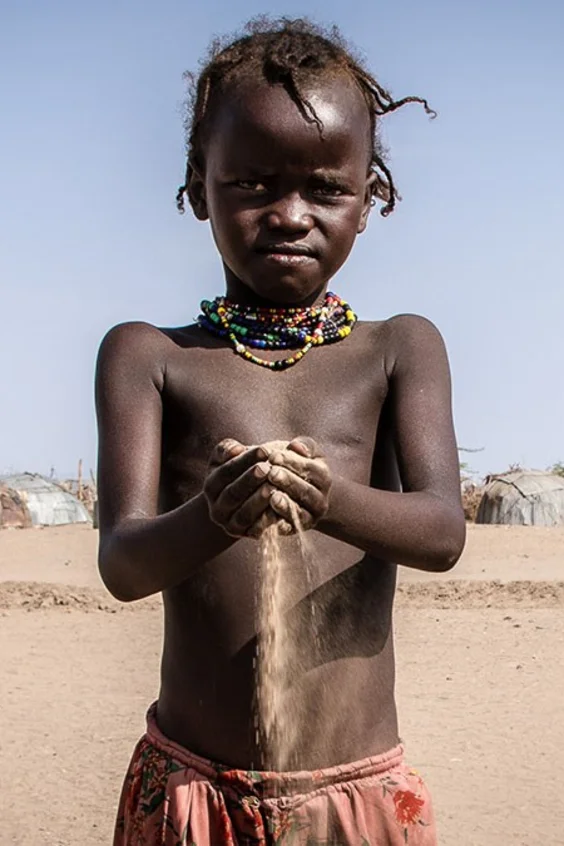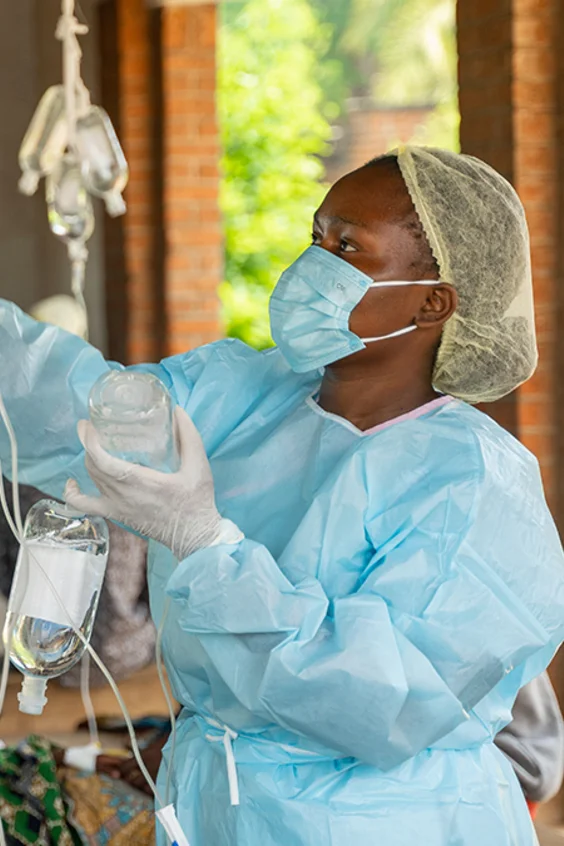In the run-up to the historic United Nations Water Conference, UNICEF warns of the life-threatening dangers to children posed by water pollution, inadequate sanitation and climate change. Globally, more than 1,000 children under the age of five die every day from diseases caused by water pollution, a lack of sanitation facilities and inadequate hygiene.
According to a new UNICEF analysis, 190 million children in ten African countries are particularly vulnerable to a combination of three water-related threats: inadequate water, sanitation and hygiene (WASH), a high burden of disease caused by dirty water, and high risks due to climate change.
The analysis reveals that the triple threat is most acute in Benin, Burkina Faso, Cameroon, Chad, Côte d’Ivoire, Guinea, Mali, Niger, Nigeria and Somalia, making West and Central Africa one of the world’s most water-insecure and climate-impacted regions. Many of the worst-affected countries, particularly in the Sahel, are suffering from instability and armed conflict, making it even more difficult for children to access clean water and sanitation.
Africa is facing a water catastrophe
“Africa is facing a water catastrophe”, said UNICEF Director of Programmes Sanjay Wijesekera. “While climate and water-related shocks are escalating globally, nowhere else in the world do the risks compound as severely for children. Devastating storms, floods, and historic droughts are already destroying facilities and homes, contaminating water resources, creating hunger crises, and spreading disease. But as challenging as the current conditions are, without urgent action, the future could be much more bleak.”
For the report, UNICEF analyzed household access to WASH services worldwide, how many children under five die from diseases attributable to dirty water, and the exposure to climate and environmental risks. The analysis reveals the countries and regions where children are most at risk and where urgent investment in solutions is needed to prevent unnecessary deaths.
In the ten hotspot countries, almost a third of children do not have access to at least a basic supply of clean water at home, and two-thirds do not have even basic sanitation facilities. A quarter of children have no choice but to practice open defecation. Hygiene is also limited, with three-quarters of children unable to wash their hands with soap and water at home.
As a result, these countries also bear the heaviest burden of child deaths from diseases caused by inadequate WASH, such as diarrheal diseases. For example, six of these ten hotspot countries have faced cholera outbreaks over the past year.
Climate change and conflict exacerbate the water crisis
These hotspots are among the countries with an especially high risk of exposure to climate and environmental threats. Temperatures are rising even faster than the global average in parts of West and Central Africa. Groundwater levels are also falling, forcing some communities to dig wells twice as deep as they were ten years ago. At the same time, rainfall has become more erratic and intense, leading to floods that contaminate scarce water supplies.
All ten hotspot countries are also classified as fragile or extremely fragile by the OECD, with the strains of armed conflict in some countries threatening to undo previous progress towards clean water and sanitation. For example, Burkina Faso has seen a ramping up of attacks on water facilities as a tactic to displace people. 58 water points were attacked in 2022, compared with 21 in 2021 and three in 2020. As a result, more than 830,000 people – over half of whom are children – lost access to safe drinking water in the last year.
UNICEF demands for the UN Water Conference
The new analysis comes ahead of the UN 2023 Water Conference, taking place in New York from 22 to 24 March. World leaders, relevant organizations and other participants will come together for the first time in 46 years to review progress towards the goal of access to water and sanitation for all. At the conference, UNICEF will call for:
- A rapid increase in WASH investment, including from funds earmarked for climate protection;
- Strengthening of climate resilience both in the WASH sector and in communities;
- Prioritization of the most vulnerable communities in WASH policies and assistance programs;
- Expansion of effective and reliable systems, improved coordination and greater capacity to deliver water and sanitation services;
- Investment in the global initiative to accelerate implementation of SDG 6, the United Nations development goal for safe drinking water and sanitation, which is to be achieved by 2030.
“Investing in climate-resilient water, sanitation, and hygiene services is not only a matter of protecting children's health today, but also ensuring a sustainable future for generations to come”, said Wijesekera.
